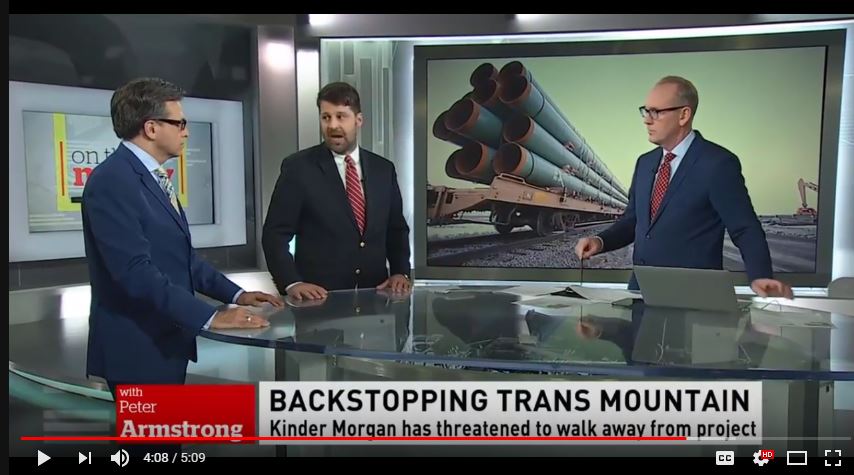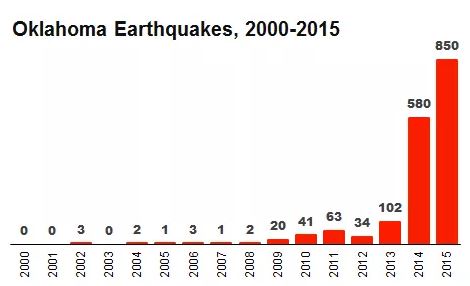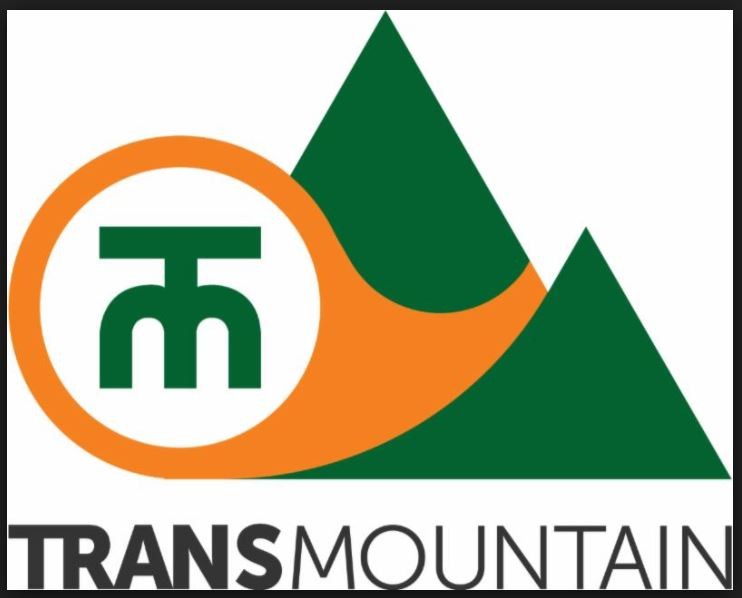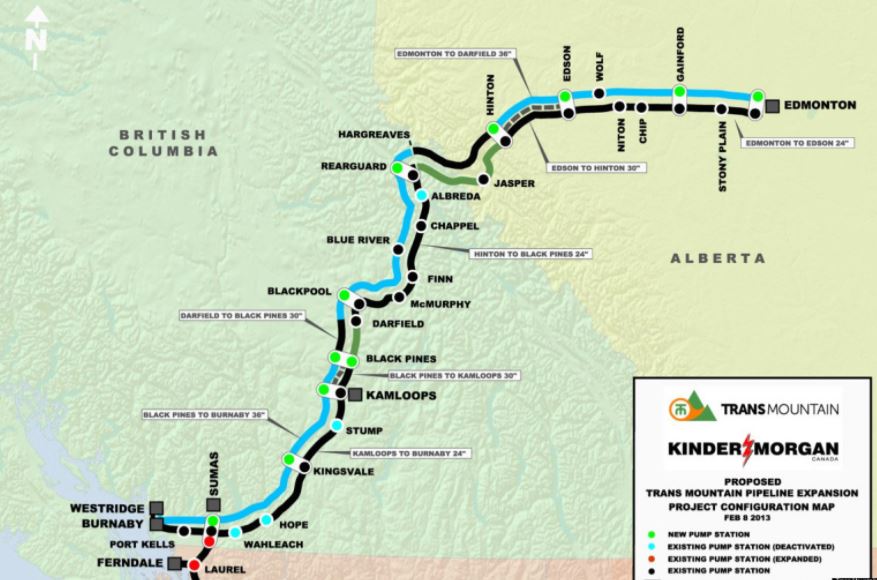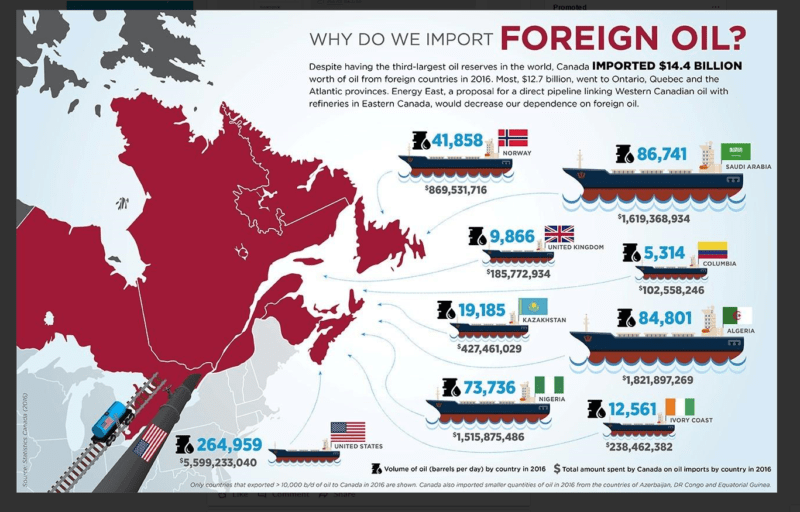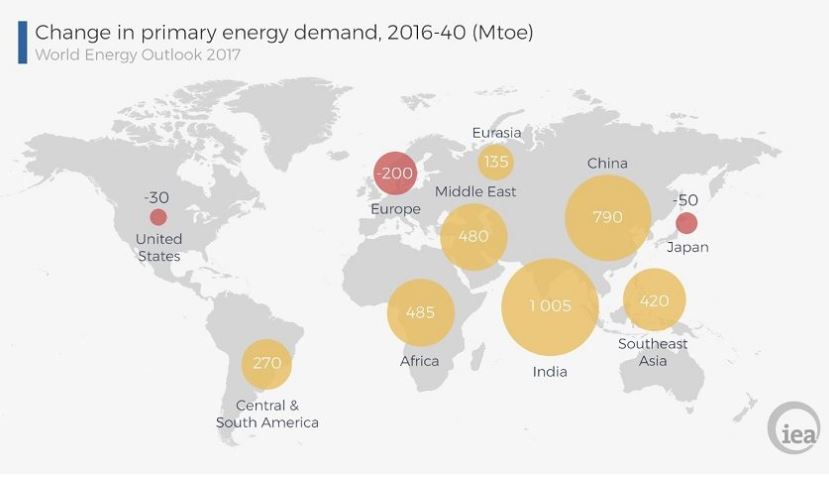The environmental lobby has mislead many well intentioned companies and intelligent individuals with the “keep it in the ground movement”. That logic only applies to “western societies” and has sadly resulted in serious efforts to block even the cleanest Oil & Gas projects for the last decade. The most recent tactic is to block the infrastructure required to make Oil & Gas functional; in particular pipelines are being opposed at every turn.
These next two points should clearly demonstrate that “keep it in the ground” is both naive and environmentally damaging.
1: OIL & GAS GROWTH THROUGH 2040
The fact is that the most scientificly trustworthy energy industry research body in the world, the International Energy Association (IEA), agrees with dozens of other government and industry analysts that Oil & Gas demand will continue to EXPAND through the year 2040. 2040-2050 is the magic decade when China and India will have moved most of their citizens into the middle class.
Before you start thinking, ‘but wait, that will change if we ‘go electric”, note that the IEA is expecting massive amounts of electrification in the next 20+ years and has already wrapped those expectations into their projections. If we don’t have substantial electrification (solar, wind, electric cars,…) 2040 will not be the
Keep in mind the word EXPAND. This means that at about 2040, the world will not have stopped using oil and gas; this means that consumption will have peaked. After 2040, there will take between 100 to 200 years to cycle out of petroleum based products.

(more…)

